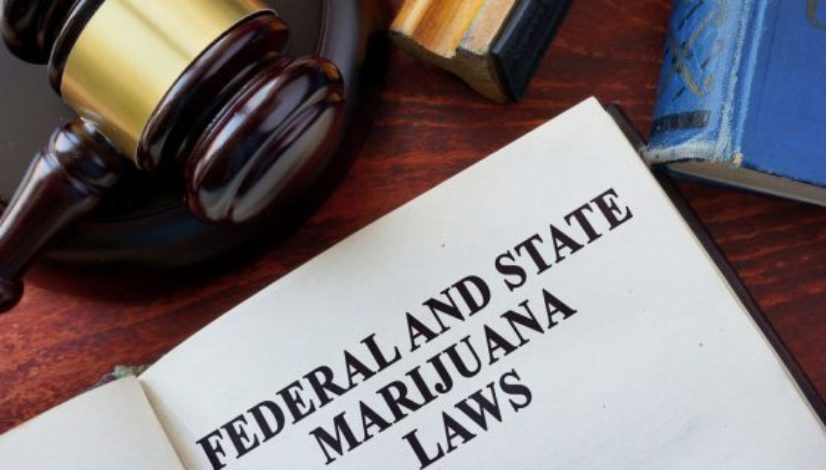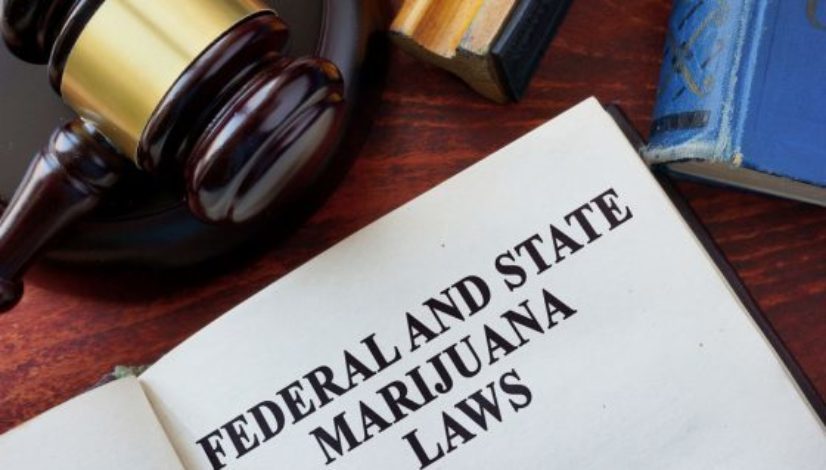Legal firms walk line on state and federal marijuana laws

Published: Aug 22, 2017, 9:48 am • Updated: Aug 22, 2017, 9:48 am
By The Associated Press
PHILADELPHIA — A number of Philadelphia-area law firms are setting up practices to serve the cannabis industry despite concerns of an uncertain future.
Many of the city’s biggest law firms — including Duane Morris, Fox Rothschild and Cozen O’Connor — have recently established practices to serve the cannabis industry as Pennsylvania gears up to make medical marijuana available to patients by early 2018.
The Philadelphia Inquirer reported the uncertainty comes from the apparent disconnect between state and federal laws.
Marijuana has been legalized in some form by legislatures in 26 states. But federal law — under the supremacy clause of the U.S. Constitution — supersedes all state laws.
It remains a federal crime to possess, grow, distribute or prescribe marijuana in any form.
Related stories
- Nevada’s cannabis sales start has changed the legal landscape
- Defense lawyer argues marijuana prohibition laws unconstitutional
- Won’t work for weed: Court says no to lawyer who traded legal services for pot
- Singing Texas lawyers have PSA: ‘Don’t Eat Your Weed’ if stopped by cops
- Ohio’s lawyers have ethics questions about medical marijuana
In Pennsylvania, although Democratic Gov. Tom Wolf signed the law legalizing medical marijuana in April 2016, attorneys had also been technically barred from offering advice to cannabis businesses under state law. After being petitioned, the Disciplinary Board of the state Supreme Court issued an opinion that state attorneys could counsel clients about the Pennsylvania law, but only if they made clear the consequences they might face for violating federal laws.
Joseph Bedwick, a partner at Cozen O’Connor, said there is a lot of uncertainty at the moment for new cannabis law practices. “At any moment, theoretically, they can say, ‘We’re going to crack down on this,’” he said.
Joshua Horn, co-chairman of the cannabis practice at Fox Rothschild, is more optimistic. He said it’s unlikely the feds would shut down state-legal medical marijuana operations. He cited the current status of the law, current guidance from the U.S. Department of Justice and federal government budgetary constraints.
Horn said medical marijuana is popular with residents in Pennsylvania, “and Pennsylvania isn’t the most liberal state.”
Information from: The Philadelphia Inquirer, http://www.inquirer.com,
Topics: lawyers, Pennsylvania, philadelphia, states rights, supremacy clause




